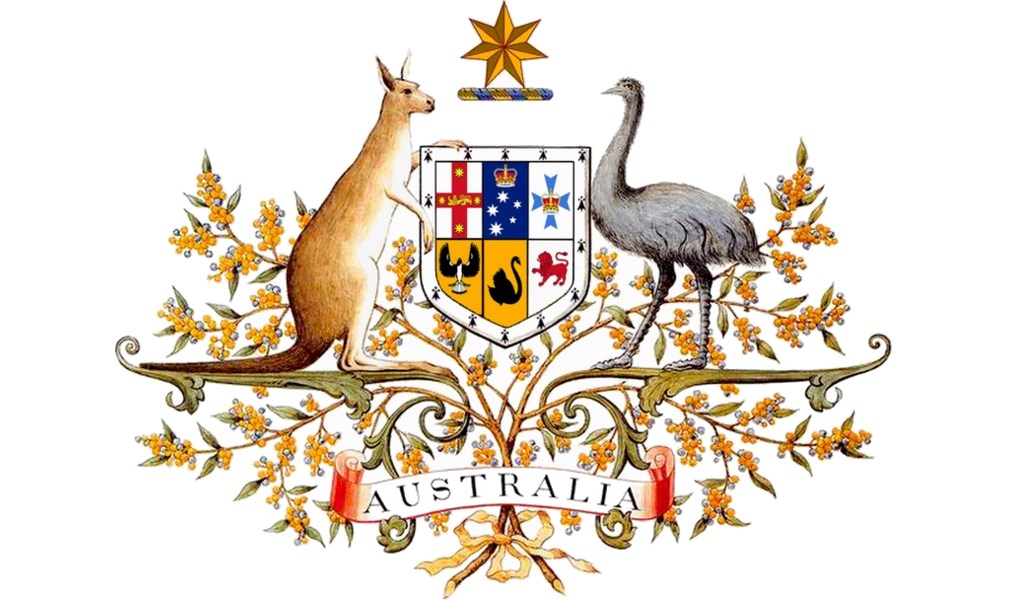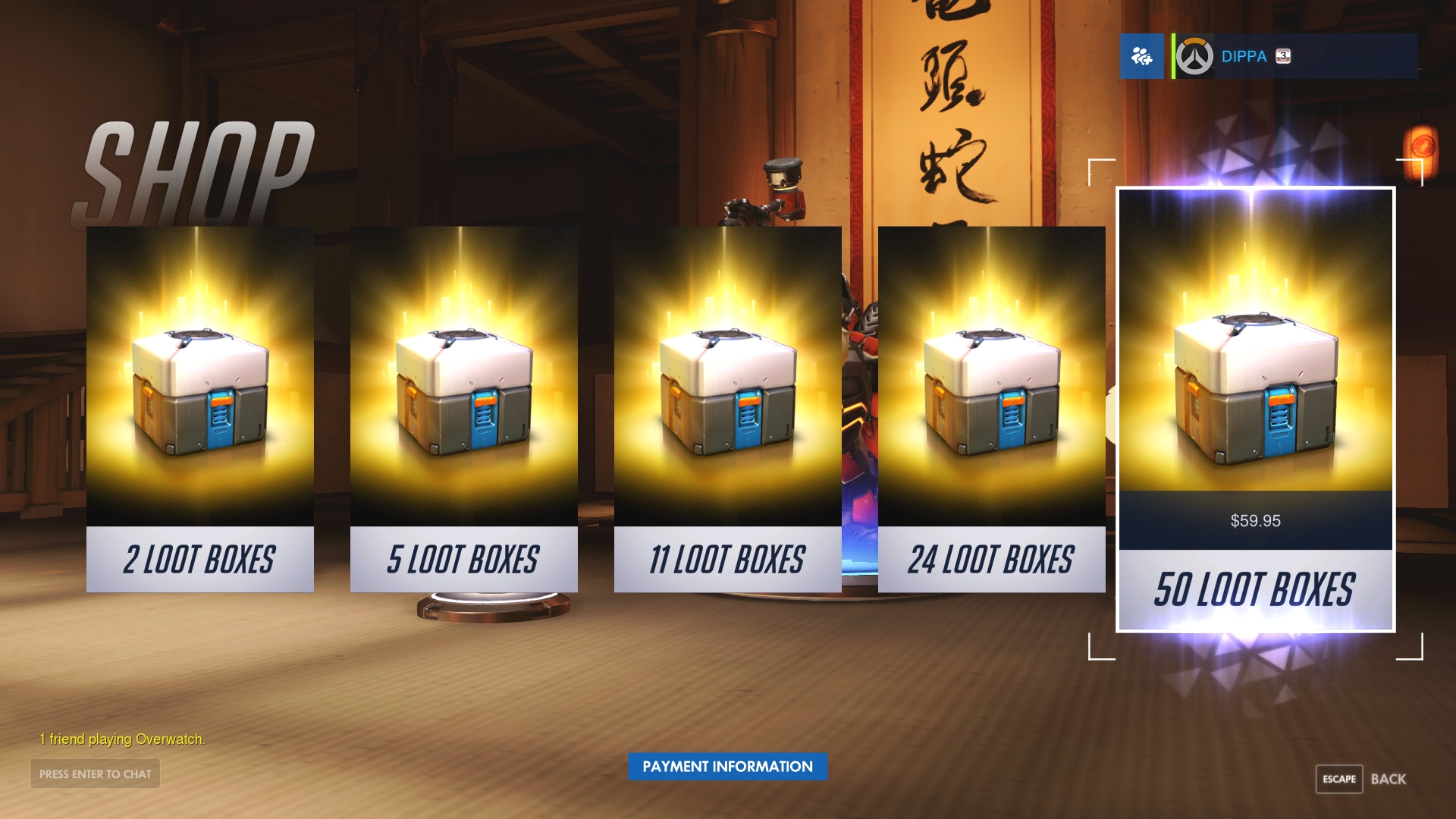Australian government calls for 'comprehensive review' of loot boxes
A parliamentary committee submitted its report on loot boxes just days after the FTC committed to an investigation of its own.

An Australian Parliamentary committee has issued a report calling on the government to undertake "a comprehensive review of loot boxes in videogames." The report is the result of a months-long investigation that began in June 2018, that included public hearings and submissions from representatives of Australia's game industry, the Victorian Responsible Gambling Foundation, the Australia Council on Children and the Media, and other relevant agencies.
The report opens with a definition of loot boxes as "a broad concept extending to any model that provides a consumer with the option of making small purchases within a game or other application," using either real money or "game points." It touches on the history of loot boxes and makes note of the importance of the game industry to Australia, and the importance of loot boxes to the game industry, which "faces economic challenges from piracy and arbitrage and as such, has had to develop a range of revenue streams beyond retail sales."
"Loot boxes represent the evolution of revenue streams in the gaming industry. Previously, game titles were sold as a complete stand-alone product. As a title gained popularity, a sequel or 'expansion pack' may have been offered, however the sale of a title was largely considered a single transaction without ongoing interaction between the purchaser and the developer," the report says.
"As the industry evolved, developers began offering Downloadable Content (DLC) which, though smaller than expansion packs previously offered, would nevertheless offer new characters, costumes, additional missions or storylines."
A major challenge facing the industry, according to Blake Mizzi of the Game Developers' Association of Australia, is that videogame prices haven't increased meaningfully over the past 20 years, while production budgets have skyrocketed. Because of that, "in-game purchases such as the loot box mechanic have become a core revenue prop," and the industry has grown reliant on a small portion of gamers who spend heavily on microtransactions—"whales," as they're sometimes called.

The report also notes, however, that concerns about the impact of loot boxes are growing in the public consciousness, particularly with regard to children. A submission from Australia's Office of the eSafety Commissioner said that "we are particularly aware of growing community concern and debate that this feature may normalize spending behavior and potentially act as a gateway to more traditional forms of 'online gambling'."
Loot boxes come in many different forms, some of which may not meet the legal definition of gambling, the report says, but even in cases where they fall short of that standard they may still "meet the five established psychological criteria for gambling, and as such, players may be at risk of developing gambling-related harm."
The biggest gaming news, reviews and hardware deals
Keep up to date with the most important stories and the best deals, as picked by the PC Gamer team.
That variety of implementations makes blanket approaches to loot box regulation difficult at best; "However, there was broad consensus that where real-world currency is exchanged (that is, when loot boxes are purchased, where virtual items are bought and sold, or where both occur) loot boxes may most closely meet the definitions of gambling (both regulatory and psychological), and therefore a range of risks to players may exist," the report states.
The report ultimately makes two recommendations:
- The committee recommends that the Australian Government undertake a comprehensive review of loot boxes in video games. This review should be led by the Department of Communications and the Arts in conjunction with the ACMA, the ACCC, the Office of the e-Safety Commissioner, the Classification Board, and the Department of Social Services.
- This review should commission further research into the potential for gambling-related harms to be experienced as a result of interaction with loot boxes; identify any regulatory or policy gaps which may exist in Australia's regulatory frameworks; examine the adequacy of the Classification Scheme as it relates to video games containing loot boxes; consider if existing consumer protection frameworks adequately address issues unique to loot boxes; and ensure that Australia's approach to the issue is consistent with international counterparts.
The Australian report comes just a day after the US Federal Trade Commission committed to conducting its own investigation into loot boxes.
Thanks, Variety.

Andy has been gaming on PCs from the very beginning, starting as a youngster with text adventures and primitive action games on a cassette-based TRS80. From there he graduated to the glory days of Sierra Online adventures and Microprose sims, ran a local BBS, learned how to build PCs, and developed a longstanding love of RPGs, immersive sims, and shooters. He began writing videogame news in 2007 for The Escapist and somehow managed to avoid getting fired until 2014, when he joined the storied ranks of PC Gamer. He covers all aspects of the industry, from new game announcements and patch notes to legal disputes, Twitch beefs, esports, and Henry Cavill. Lots of Henry Cavill.

